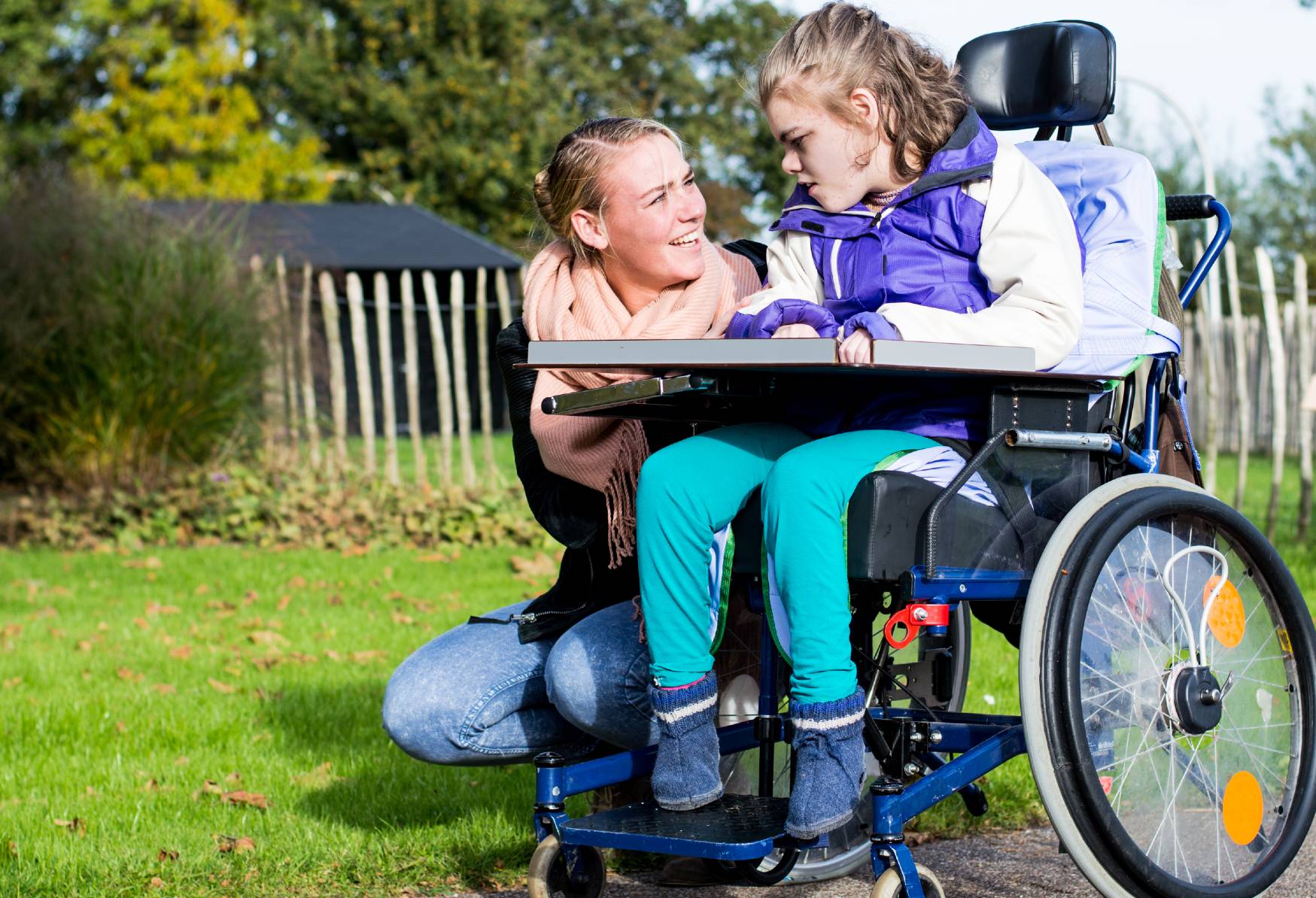A Guide To Next Steps After Your Receive A Diagnosis
Genetic testing identifies changes in genes, called variants. Only a small percentage of variants cause genetic disorders – most variants have no impact on health or development. Scientists group the variantas based on their association with a genetic disorder:
- Pathogenic Variants: There is ample scientific research that shows this variant is associated with disease
- Likely Pathogenic Variants: This variant is probably associated with disease, but there’s not enough research to know for certain
- Variants of Uncertain Significance: There is not enough evidence to determine whether or not the variant is harmful
- Likely Benign Variants: This variant is probably not associated with disease, but there’s not enough research to know for certain
- Benign Variants: There is ample scientific research that shows this variant is not associated with disease
You will receive one of three results from the genetic tests:
Genetic Test Positive Result: A positive result means the lab found a change in a particular gene, chromosome, or protein of interest. Depending on the purpose of the test, this could confirm a diagnosis, determine that a person is a carrier of a variant, or has a risk of developing a disease in the future.
Genetic Test Negative Result: A negative result indicates the lab did not find a change in a gene, chromosome, or protein that they considered. This could mean the person isn’t affected by a particular disease and does not have a risk of developing it, but it’s also possible that the particular test used did not detect the change, and further testing may be needed to confirm the negative result.
Genetic Test Uninformative Result: An uninformative result means the test did not provide any useful information that would either confirm or rule out a specific diagnosis or indicate that the person has an increased risk of developing a disorder.

Receiving a rare disease diagnosis after genetic testing can be overwhelming. You may feel relief that you finally have a name for the disease. At the same time, you could be fearful, grieving, angry, or shut down. You may be referred to a specialist who has in-depth knowledge of your condition, or need to be seen at a major medical center that offers specialized care. It’s important to come to conversations about your care prepared. Here is a list of questions you should be sure to ask.
Questions to ask when you are diagnosed with a rare disease
- What is the result?
- What does this result mean for me (my child, my spouse, my family)?
- Are there any treatment options?
- Would you recommend changes to my medical care?
- What specialists should I see?
- Is this disease inherited? Should other family members be tested?
- Where can I find reliable information on this topic in patient-friendly language?
- Can you connect me to any support groups or patient-advocacy groups?
- Do you know of any clinical or research trials I could consider?
- Are there registries I could participate in?
- Can I follow up with you if I find I need more information?
What should you do if you go through genetic testing and don’t receive a diagnosis? The short answer is, “Keep Going!”. Global Genes has more information about what you should do if your genetics team doesn’t specify a result.
Other resources:
- Types of Genetic Tests – review the chart outlining various types of genetic testing options, including recommended uses, limitations, timing, and cost
- What’s next after genetic testing – download the toolkit to help you determine what’s next after genetic testing, whether you receive a diagnosis or not
- Cell and Gene Therapy for rare disease clinical trials – consult the FAQ to help you make decisions about whether a clinical trial is the right choice for your family
Want more information? Check out these additional resources to help prepare your family to navigate the gene-based diagnostic journey. Global Genes has created a series of toolkits, videos, and checklists to share insights from rare advocates and experts who have personal experience – professional and personal. This information was taken from our genetic testing toolkit, Diagnosis or No Diagnosis – What To Do Next?. Find more information and download all four free Genetic-Based Diagnosis toolkits which also include Genetic Testing: Getting to a Diagnosis, How a Genetic Counselor Can Help You, and Making Informed and Shared Decisions About Genetic Testing & Clinical Trials.

Stay Connected
Sign up for updates straight to your inbox.
